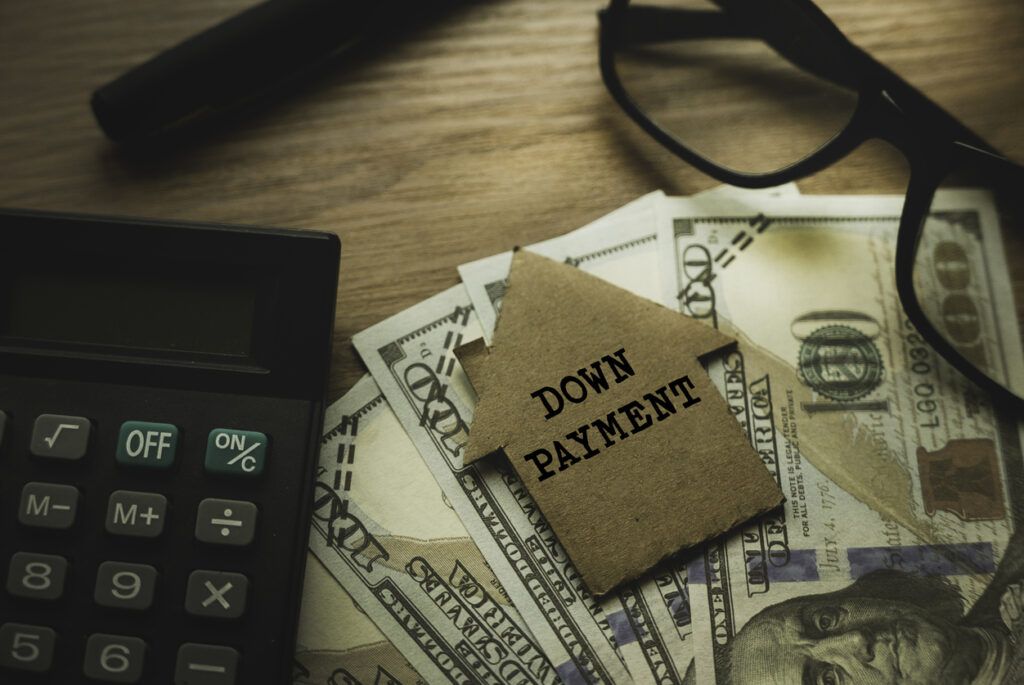Keep On Moving: The Full Cost of Choosing Where to Live
If you think the cost of living–specifically, choosing where to live–has skyrocketed and isn’t coming down anytime soon, you’re right. Over the past decade, home sales prices have doubled. Yet, right before COVID, the housing bubble began to expand, unlike anything we have seen in many generations.
Redfin recently published a national survey that says nearly 40% of Americans could not afford their homes at their current listed prices. An illustration from the survey explains the housing market crisis like this:
The typical person purchasing today’s median-priced home for $420,000 has a record-high $2,864 monthly housing payment with a 7.1% mortgage rate, the current 30-year fixed-rate average. If they were to purchase a home for the same price with a 4% mortgage rate, which was common in 2019, their monthly payment would be $2,210, roughly $650 less.
For those fortunate enough to pay for a house today at yesterday’s rates, the 52% hike in mortgage rates since 2019 doesn’t affect them. What about those choosing where to live and searching for a new home for the first time?
The Doubts of Choosing Where to Live
Nearly 40% of U.S. renters don’t believe they’ll ever own a home, up from 27% last year. Add to that another report that says 78% of those who hope to own a home someday (or again) believe there will be “significant affordability challenges” (i.e., not enough salary, prices, down payment, closing costs).

The unfortunate aspect of the housing scare is that the mortgage isn’t the last surprising cost of choosing where to live.
Discovering the correct address can change their budget stuns many first-time home buyers.
What should new homeowners consider for their budget? Several things. And if you haven’t bought a house in a while, there may be different costs to consider for your move or even for choosing the right place to live.
Immediate Costs

What should first-time homeowners know about buying a house? How can they budget for the future if they aren’t sure of all the costs that will affect it? Homeownership tends to be more baptism by fire than a stroll down a river. For first-time home buyers, choosing where to live is much more than finding a nice neighborhood near a good school. Three of the most substantial costs are:
- Down Payment – Also known as “earnest money,” this is based on the particular home loan; someone may have to pay 3% to 20% upfront for the privilege of owning a house
- Closing Costs – These are a collection of fees, usually 2% to 5% of the total loan, minus interest (e.g., application, credit, title, transfer tax, underwriting)
- Moving – Depending on the need, a total packing experience or only transportation, the one-time expense could be anywhere from $300 to $1,500
Ongoing Costs

Many ongoing, monthly costs can overwhelm a first-time homeowner. They should discuss each cost before the contract is signed. Some of those could include:
- Property Tax – The homeowner may choose to purchase the house, but the city or country owns the land, which is up to 3% of the loan each month
- Homeowners’ Association (HOA) Fees – Some subdivisions have common areas, like parks or walkways. Homeowners pay an average of $500 monthly to absorb those costs.
- Insurance – Most home insurance policies encourage that 80% of the house’s replacement costs should be protected in writing
- Utilities – Much like living in an apartment, variable costs (i.e., bills that cost differently each month depending on usage) of a house are water and energy to keep the family comfortable
The general rule for first-time–or anytime–homeowners is the monthly mortgage or lease payment should be no more than 33% of a monthly budget. If the home is newer, some costs, such as HVAC repairs, foundation issues, or flooring replacement, may not be considered.
In 2019, the National Association of Realtors reported that buyers of new homes spend four times as much on furnishings, appliances and maintenance as those who have lived in their house for a few years. And those individuals spend twice as much on their house as first-time home buyers.
When comfortable in an apartment or house, people purchase more things to make it feel like a home. It’s an investment in the future rather than a bill of the present. However, investment increases over time. First-time home buyers should dedicate more of their salary to enjoying it.
Counting the costs of home ownership is essential. Manage your funds and create a budget. Plenty of blogs (like ours) offer tips to help you get ahead, get organized and get out of debt.
